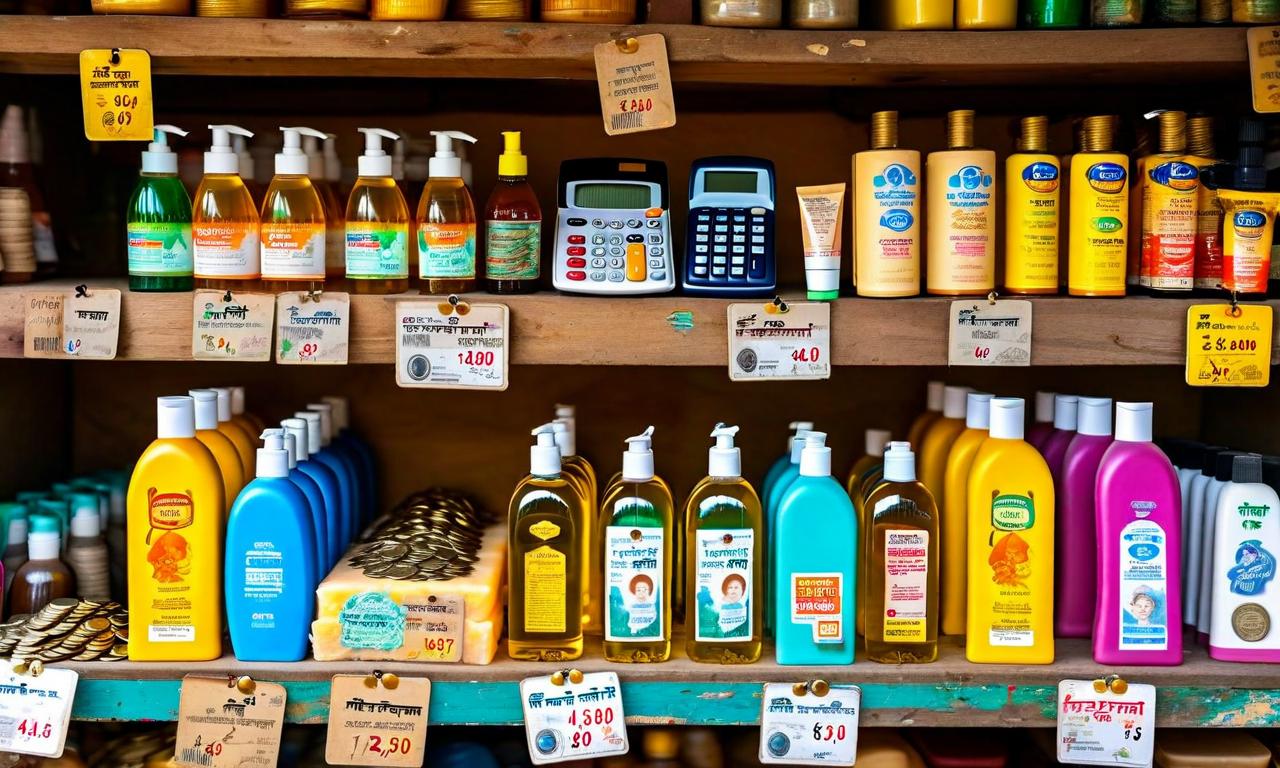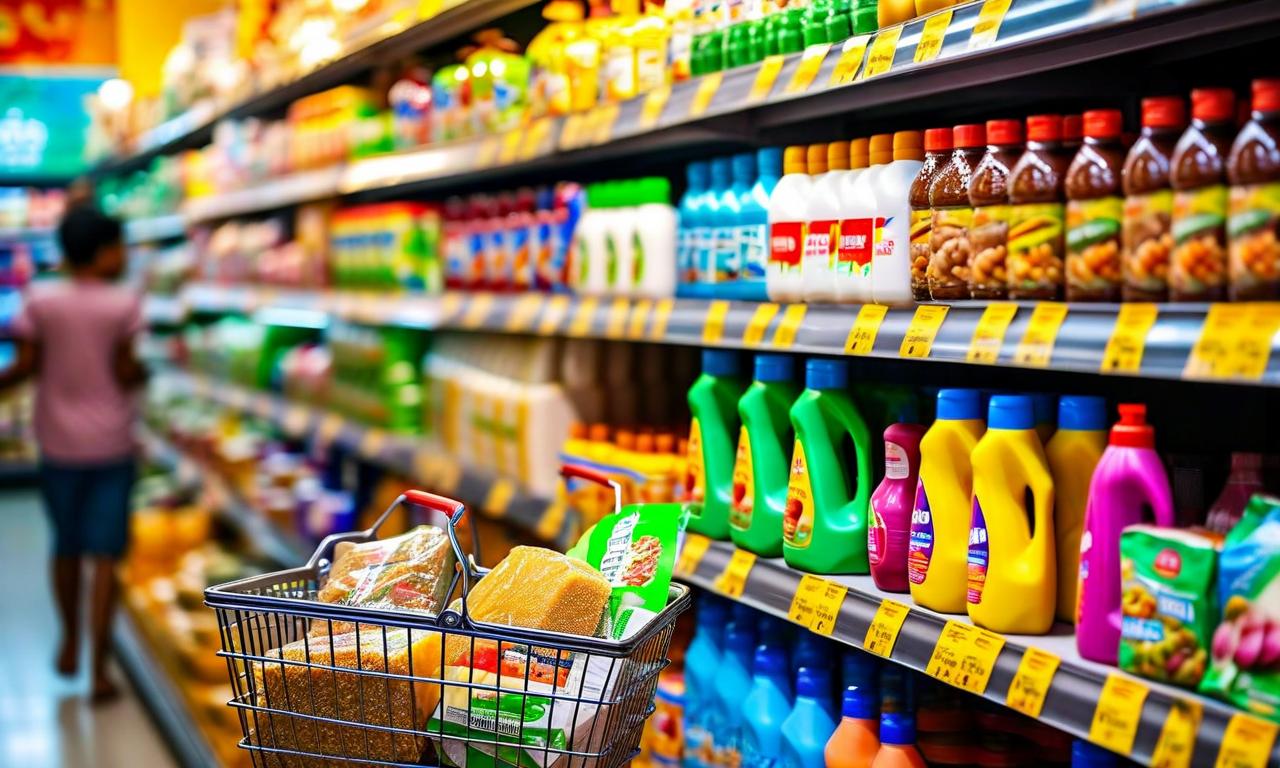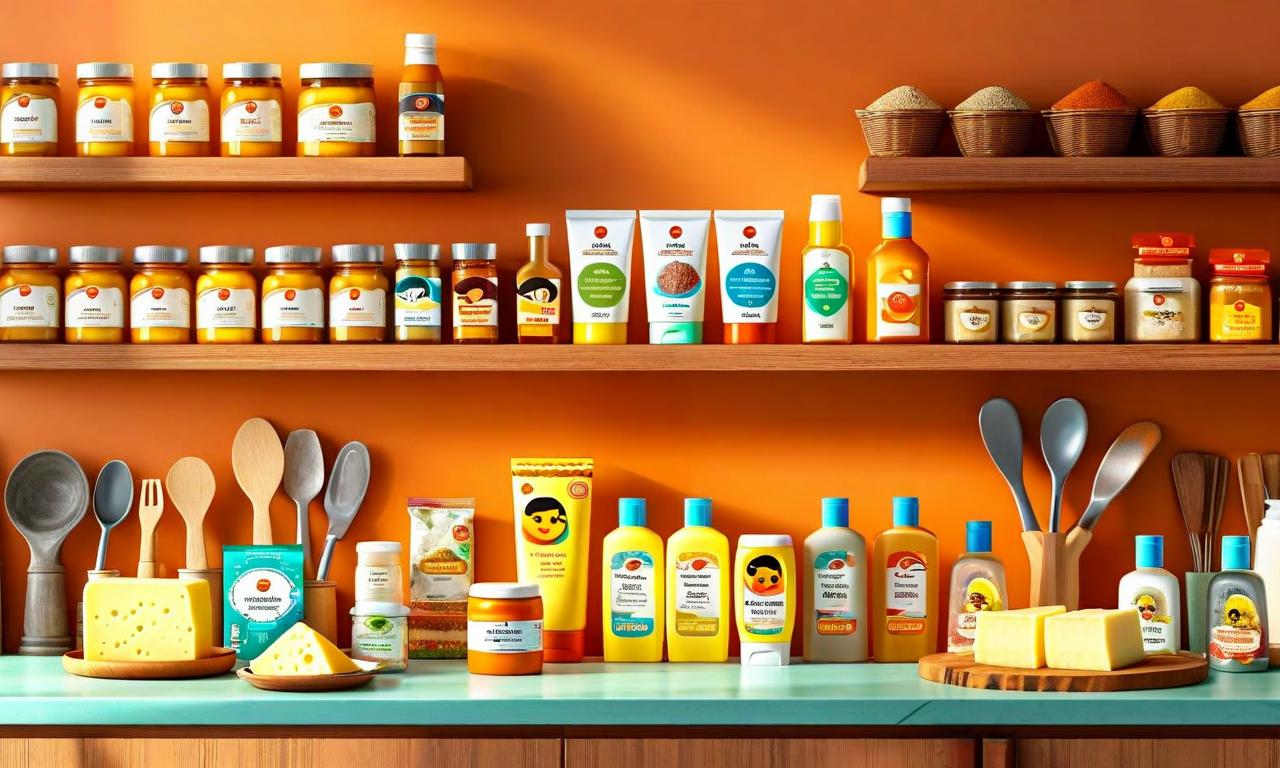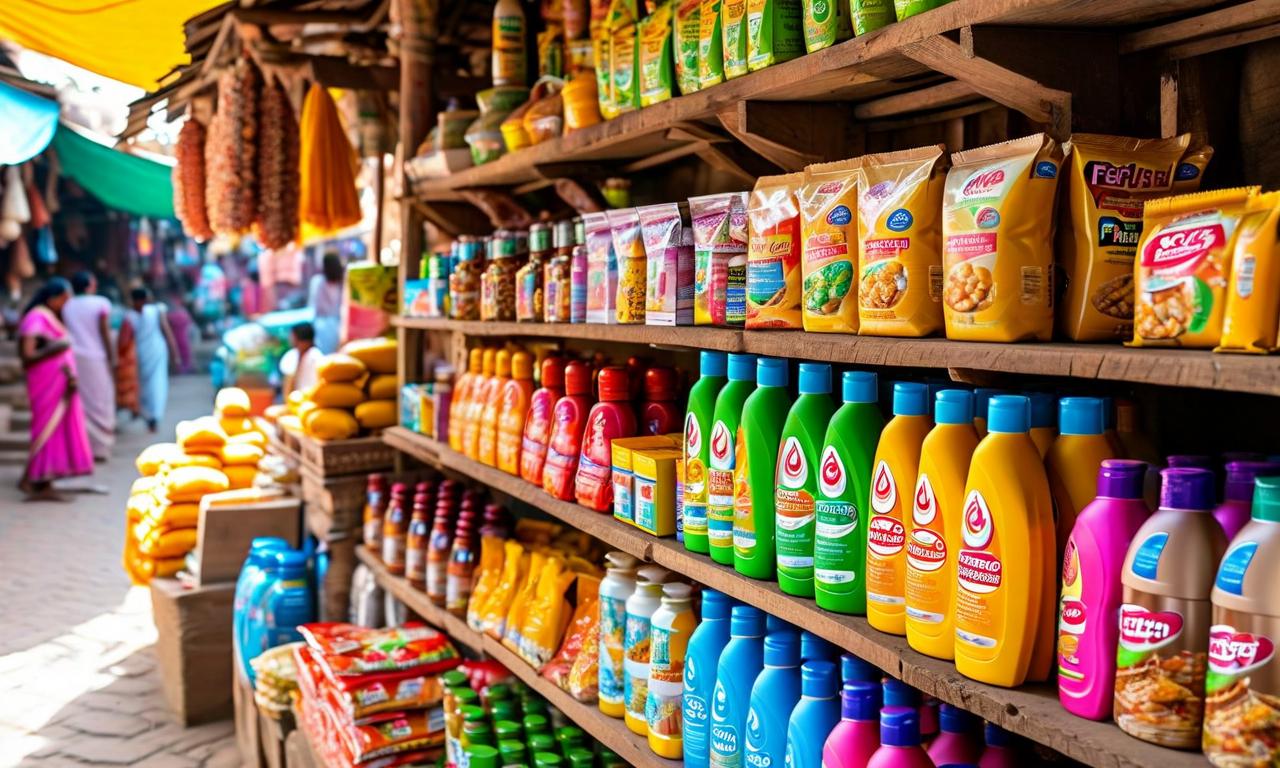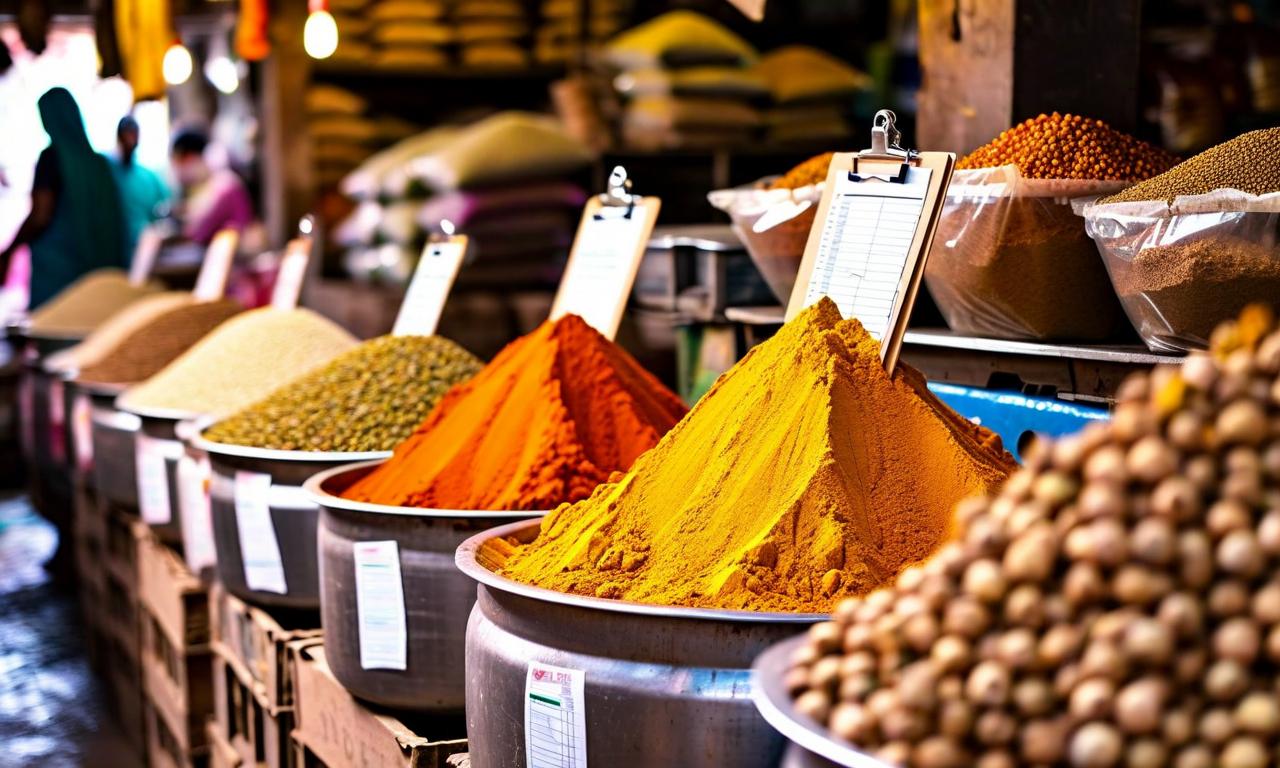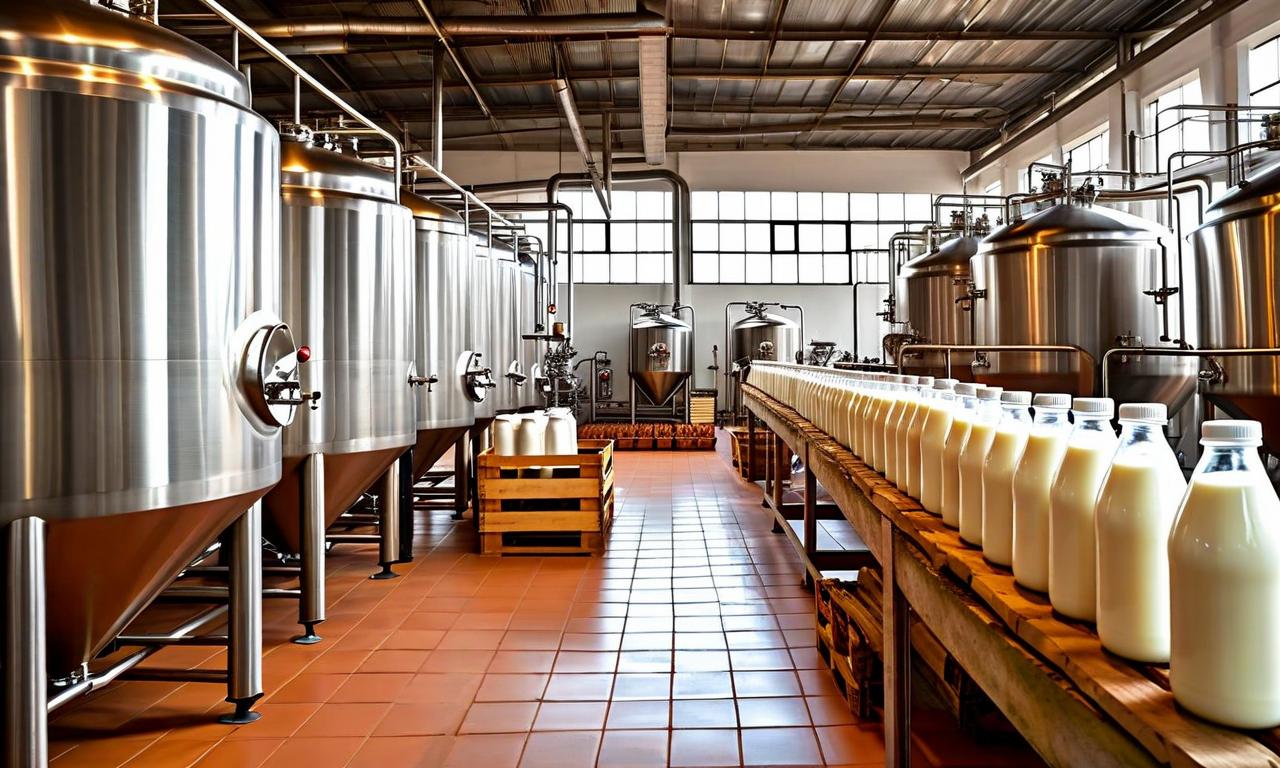Major FMCG Giants Slash Prices Following GST Rate Cuts
Leading FMCG companies P&G, Emami, and HUL have announced significant price reductions on a wide range of products, effective from September 22, following recent GST rate cuts. P&G has reduced prices on brands like Vicks, Head & Shoulders, and Pampers. Emami cut prices on products including Boroplus and Navratna. HUL implemented reductions across brands such as Dove, Horlicks, and Lux. For instance, Vicks Action 500 price dropped from Rs 69 to Rs 64, and Boroplus Antiseptic Cream from Rs 165 to Rs 155. These cuts are expected to make everyday essentials more affordable and potentially boost consumer demand in the FMCG sector.
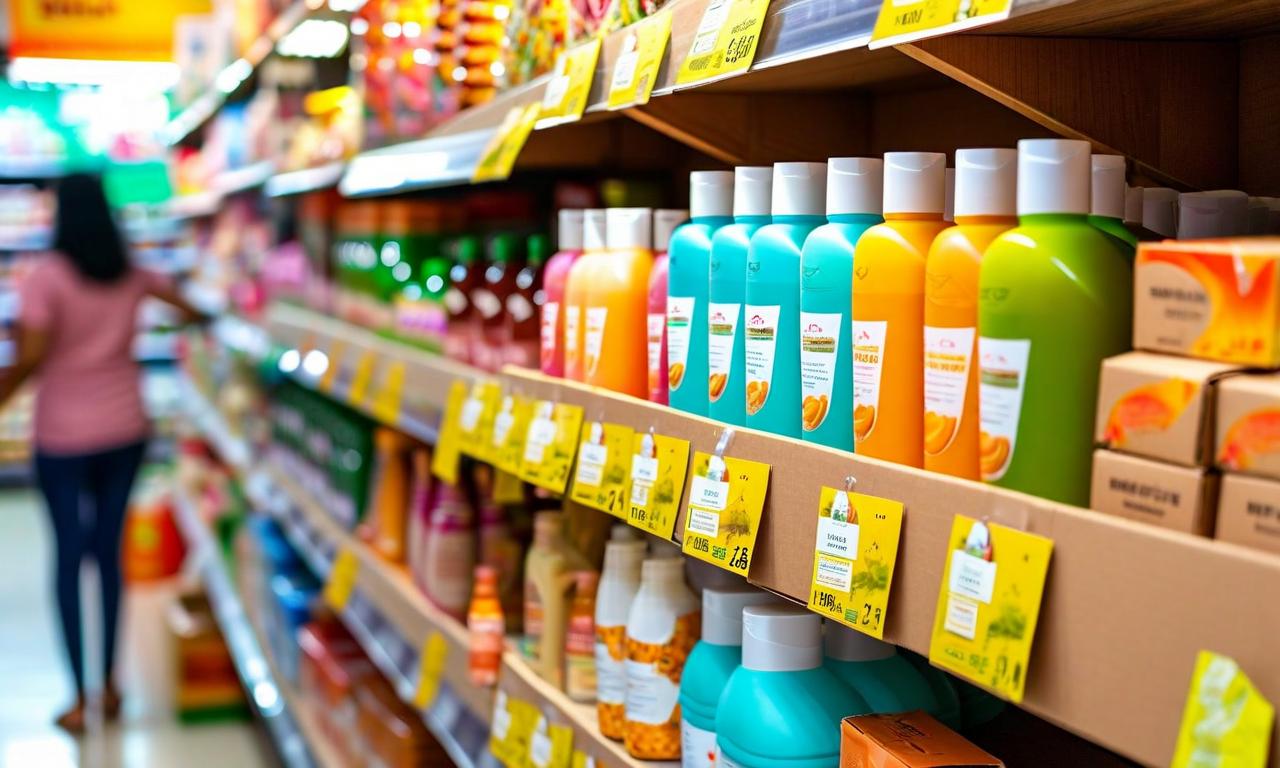
*this image is generated using AI for illustrative purposes only.
In a move that's set to benefit consumers across India, leading Fast-Moving Consumer Goods (FMCG) companies including Procter & Gamble (P&G), Emami, and Hindustan Unilever Limited (HUL) have announced significant price reductions on a wide range of products. The price cuts, effective from September 22, come in the wake of recent Goods and Services Tax (GST) rate reductions on various consumer goods.
GST Rate Cuts Trigger Price Reductions
The Indian government's decision to lower GST rates on certain products from 12% to 5%, and on shampoos from 18% to 5%, has prompted these FMCG giants to pass on the benefits to consumers. This move is expected to make everyday essentials more affordable for millions of households across the country.
P&G Leads with Widespread Price Cuts
Procter & Gamble has implemented price reductions across its popular brands, including:
- Vicks
- Head & Shoulders
- Pantene
- Pampers
- Gillette
- Oral-B
One notable example is the price reduction of Vicks Action 500, which has been lowered from Rs 69.00 to Rs 64.00.
Emami Follows Suit
Emami, another major player in the FMCG sector, has announced price cuts on several of its flagship products:
- Boroplus
- Navratna
- Zandu
The company's popular Boroplus Antiseptic Cream has seen its price reduced from Rs 165.00 to Rs 155.00.
HUL's Extensive Price Reduction Strategy
Hindustan Unilever Limited, one of India's largest FMCG companies, has also implemented price cuts across a wide range of its products:
- Dove
- Horlicks
- Kissan
- Bru Coffee
- Lux
- Lifebuoy
As an example of these reductions, the Dove Hair Fall Shampoo is now priced at Rs 435.00.
Impact on Consumers
These price reductions are expected to have a positive impact on consumer spending, potentially boosting demand for these everyday products. The move also demonstrates the FMCG sector's commitment to passing on the benefits of tax reductions to end consumers.
Specific Price Changes
Here's a snapshot of some specific price changes announced by these companies:
| Product | Old Price (Rs) | New Price (Rs) |
|---|---|---|
| Vicks Action 500 | 69.00 | 64.00 |
| Head & Shoulders Cool Menthol | - | 320.00 |
| Boroplus Antiseptic Cream | 165.00 | 155.00 |
| Dove Hair Fall Shampoo | - | 435.00 |
The price reductions across these major FMCG brands are expected to be welcomed by consumers, potentially leading to increased sales volume in the coming months. As the festive season approaches, these price cuts could further stimulate consumer spending in the FMCG sector.

